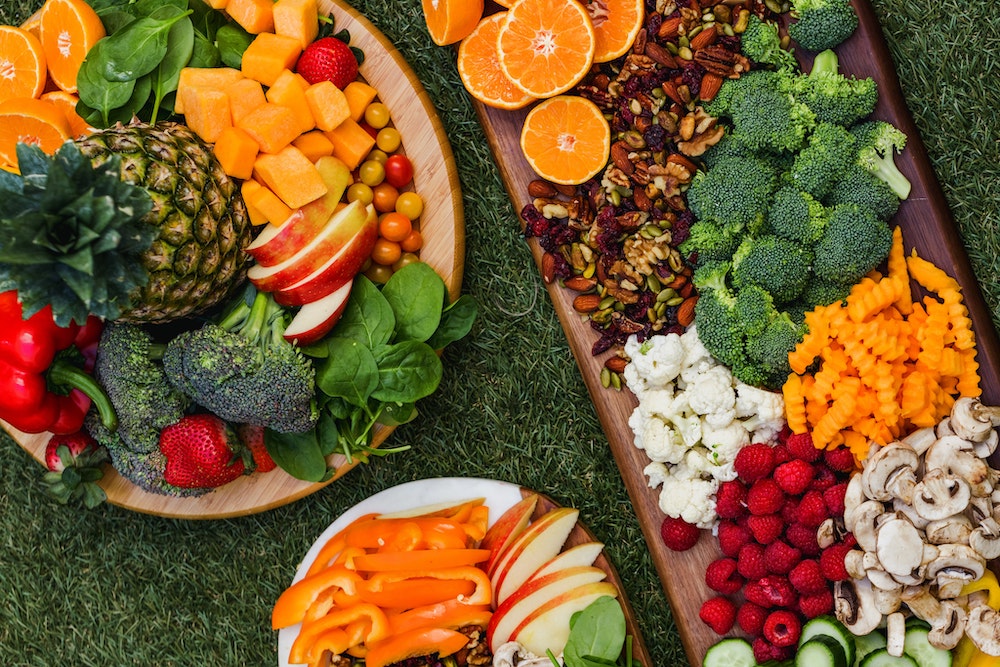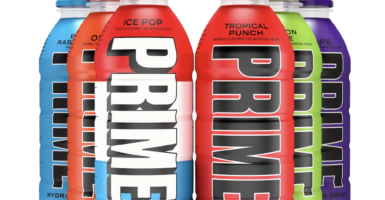Why You Should Be Eating More Flavonols For Your Brain
Recent studies have found that flavonols, found in fruits and vegetables, can help stave off memory decline
This article is more than 2 years old

People with a high intake of flavonols, an antioxidant found in many fruits, vegetables, tea, and wine, may have a slower rate of memory decline. According to a new study published in Neurology, the Medical Journal of the American Academy of Neurology, the cognitive score of participants who ate the most flavonols declined 0.4 units per decade slower than those who consumed less.
According to the press release, the flavonols study involved 961 dementia-free people with an average age of 81. Each year, they filled out a questionnaire on how often they ate certain foods. Participants also completed annual cognitive and memory tests. This included recalling lists of words, remembering numbers, and putting them in the correct order. They were also asked about their education level, how much physical activity they get in, and if they spend time doing mentally engaging activities like reading.
The participants were followed for an average of seven years. They were also divided into five equal groups based on their flavonols intake. While the average consumption in American adults is about 16 to 20 mg per day, those involved in the study consumed approximately 10 mg per day. The lowest group had an intake of 5 mg per day and the highest group had 15 mg per day. This is equivalent to about one cup of dark leafy greens.
To determine rates of cognitive decline, researchers used an overall global cognition score summarizing 19 cognitive tests. The average score ranged from 0.5 for people with no thinking problems to 0.2 for people with mild cognitive impairment to -0.5 for people with Alzheimer’s disease, the flavonols study found. The results remained constant even after researchers adjusted for other factors that affect memory, like age, gender and smoking.

Speaking about the findings in a statement, flavonols study author Doctor Thomas Holland, an instructor in the Department of Internal Medicine at Rush University Medical Center in Chicago said it’s exciting to see how making specific diet choices may lead to a slower rate of cognitive decline. “Something as simple as eating more fruits and vegetables and drinking more tea is an easy way for people to take an active role in maintaining their brain health,” he added.
Backing up the findings, Doctor David Katz, a specialist in preventive and lifestyle medicine and nutrition who was not part of the study, said flavonols are cytoprotective, meaning they protect cells and neurons. “So it’s plausible that flavonols could have a direct impact on cognition,” he told CNN Health. “But they are also a marker of higher intake of fruits and vegetables, which is good for the brain because it is good for every vital organ, and the organism as a whole,” he continued.
Doctor Katz added that they may also be a marker of better overall diet quality or even greater health consciousness. “People who are more health conscious may do things to preserve their cognition, or maybe being more health conscious is a by-product of better cognition,” he explained. However, while the study shows an association between higher amounts of dietary flavonols and slower cognitive decline, it does not prove that flavonols are directly linked to slower cognitive decline.
According to Doctor Holland, another limitation of the flavonols study is that the food frequency questionnaire, although valid, was self-reported, so participants may not accurately remember what they ate. So while these specific antioxidants might be good for you, there is a chance that the real winner is a package deal of everything in those plants.





